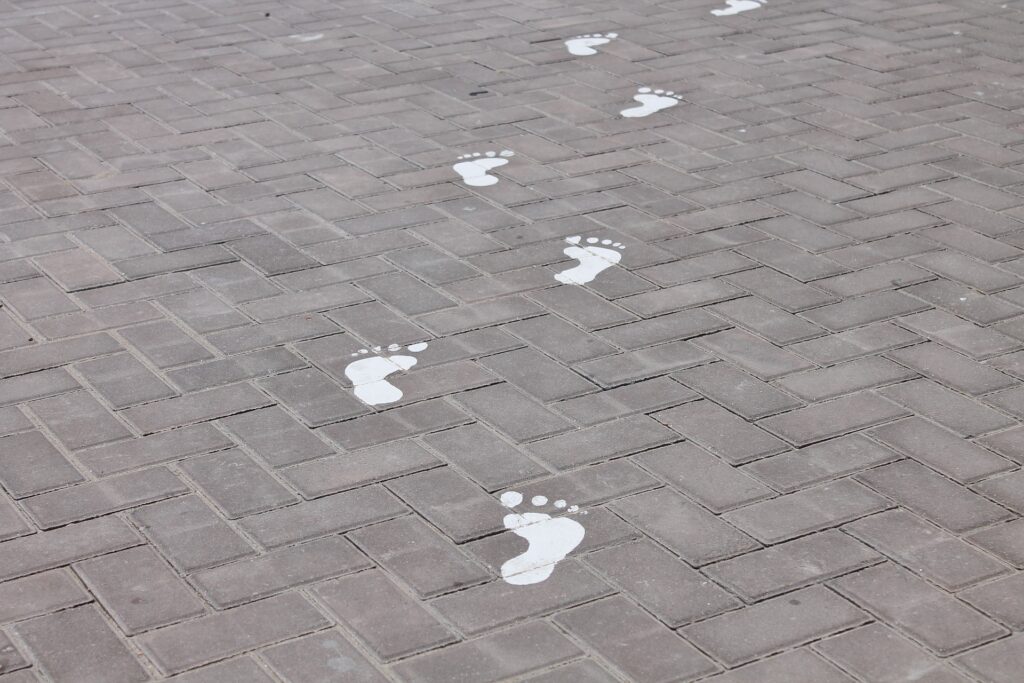I recently read a novel entitled The Measure by Nikki Erlick. This quote resonated with me for many reasons:
“I arise in the morning torn between a desire to save the world and a desire to savor the world. That makes it hard to plan the day.”
― Nikki Erlick, The Measure

A DELICATE BALANCE
For many decades, I arose in the morning with a passion to ‘save the world’ in terms of assessing students for dyslexia and other learning disabilities, teaching students literacy skills, and later teaching teachers how to teach their students literacy skills. That passion kept me going for a good long time. I felt that it was my mission and even my responsibility to help as many people as possible since I had the knowledge and experience to help.
I had learned techniques known first as the Multisensory Structured Approach, then as Structured Literacy, and now as “aligned with the Science of Reading”. These approaches were initially thought to be reserved for struggling students, but currently, these methods of teaching literacy are now deemed as appropriate for all students. It is now thought only about 10% of the population will learn to read effortlessly, while it is thought that 95% of the population has the cognitive ability to attain literacy at grade level with appropriate instruction. Although I did charge for services provided, it wasn’t about the money.
It kept me going sometimes to the point of exhaustion, often sacrificing my own desires–in other words, the “desire to savor the world”.

In time, it indeed did make it hard to plan the day.
PARENTS AND TEACHERS, PLEASE TAKE HEED
Parenting (and teaching) is a tough job, even under the very best of circumstances. A parent must see to their children’s immediate physical needs according to Maslow’s hierarchy of basic needs: food, clothing, and shelter.
Then there is all the ‘other stuff’ including:
-morning routine
-bedtime routine
-language development
-social/emotional development
And all of these needs happen BEFORE a child enters a classroom.
THEN, YOUR CHILD STARTS SCHOOL…
Once school starts, then the ‘fun’ begins. Suddenly, added to the morning routine and the bedtime routine is ‘homework’ and ‘studying’, as well as myriad options in terms of “after school activities.” These activities are sometimes team dependent (such as sports) or group dependent (such as religious school), or depend on the availability of a particular coach, instructor, or tutor—think music lessons or academic tutoring.
Sometimes things go smoothly, but sometimes not. Some children are overloaded with after school activities, while others have too much free time on their hands for a variety of reasons. Some children need more repetitions to master words for either/both reading and spelling, number facts (addition/subtraction; multiplication/division) or learn the material to prepare for a science or social studies test. Some children have chores to complete after school, or must care for a younger sibling(s). The possibilities are endless. As children get older, so do their academic and non-academic responsibilities multiply.
A recently retired teacher told me the parents of the “students of today” tend to be either overly involved—even overly demanding—in terms of their child’s educational experiences–while others are not involved at all or as much as perhaps they should be. She deemed it the “too much or too little effect”, both of which may put a whole lot of stress and pressure on the entire team (the child, the parent, the teacher). Over the course of her career, things had changed drastically with regard to parental involvement and overall ‘stress’ of being a student, a teacher, and a parent.
As a tutor of students with learning issues, I too felt the ‘stress’ of students, parents, and teachers. Students routinely arrived to my ‘in school’ and ‘after school’ offices emanating palpable stress. Parents told me how their children felt so stressed out’ at school that a ‘meltdown’ ensued upon home arrival. Parents shared with me how worried they were about how far behind their children’s literacy skills were—sometimes they cried too. Teachers told me of the stress they often felt aware of their students’ struggles, but were bound to teach the entire curriculum despite knowing some of their students had not mastered the prior material while others needed to move on. Teachers told me they disagreed with the district selected curricula, but were in ‘teacher jail’ and had to teach what the school district mandated.
I recently listened to Emily Hanford’s compelling podcast, Sold a Story, which focuses on early literacy development—or lack thereof due to ineffective methods of teaching reading and spelling in favor of methods based upon the Science of Reading. Methods aligned with the Science of Reading include direct, systematic instruction in terms of decoding, spelling, handwriting, and vocabulary/comprehension skills, as well as the development of background knowledge. If you listen—and I hope you will—you will find out that many a parent took matters into their own hands once they realized that their children were “simply memorizing words” rather than “truly learning to read.” While many school districts in our country have altered their teaching philosophies and have adopted curricula aligned to how the human brain learns to read, others have resisted change in favor of the status quo. Change is hard.
This got me thinking….
PUT ON YOUR OXYGEN MASK FIRST BEFORE ASSISTING OTHERS

Have you ever heard the statement above??? I bet so.
I had occasion to help a mom attain services for her dyslexic and gifted daughter (this is called ‘twice exceptional’), who attends a public school.
This mom had all the right intentions and resources at her disposal, including consulting with me. She had read (and continues to read) all the right articles and books, joined the right Science of Reading FaceBook Groups, gotten an outside diagnosis in addition to the school completed assessment, considered a tutor, and considered purchasing a curriculum and working at home with her daughter.
This mom also knew that it was important for her daughter to feel good about herself. To that end, she wanted her daughter to maintain interest in some athletic endeavors and expose her daughter to advanced vocabulary and continue to grow her background knowledge via reading and all kinds of environmental and learning experiences
Is all this possible while maintaining a full time job herself and parenting an additional child?
Don’t get me wrong—do I applaud this mom’s efforts? Of course I do!
That said, I tried to provide some cautionary words about ‘trying to do too much’ in favor of taking some time for self-care.
In this particular case, while her daughter manifested relatively mild special needs, parenting a special needs child requires self-care on the part of the parents. How can we help our children or students if we are trying so hard that we are ‘running on empty’? Parents (and teachers) need oxygen ourselves first if we need to help our children (and students) to breathe more easily—I say this metaphorically. If you feel worried, stressed and even anxious, your child or student senses these emotions and may begin to feel them too.
Robin Smith’s (of Duke University) recent study indicates that children as young as preschool age sense appropriately when parental promises are not kept. This speaks volumes to me. Let me describe this concept another way. A wise woman was known to say, “If you want your children to follow in your footsteps, be careful where you place your feet.”

IT’S JANUARY, IT’S A NEW YEAR
Perhaps this is a good time to take stock and reflect upon your approach. Be mindful.
If you are a parent, reflect upon:
· Your own responsibilities and stress levels
· Your child(ren)’s schedules (inclusive of sleep) and stress levels
· Your child(ren)’s approach to homework and studying—are things in balance or do they feel out of control?
· How often your child(ren) are running around to after school activities to the detriment of the overall wellbeing of your family?
· Your ability to take some time for yourself (put on your oxygen mask prior to assisting others)
· Think about the overall priorities of your family and adjust as needed
If you are a teacher of students, reflect upon:
· Your own responsibilities and stress levels
· How MUCH you are trying to teach your students each day (my students often told me they felt ‘rushed’ in the classroom) in terms of the number of lessons/activities and/or quantity of information/written work completed.
· How you can continue to teach the mandated curriculum while providing activities to your students more aligned with the Science of Reading. This is likely the toughest one of all.
In my experience, children crave structure, routine, and most importantly, a calm environment. See what you can do to make your environment a healthy and calm one. Take this opportunity to self-reflect. You set the stage.
This way, you might be able to “save the world” WHILE “savoring life”—this is indeed my goal and I hope it is yours too. It will make it easier to “plan the day”. Namaste.
If you have suggestions (or comments), please share them in the comments section. I love to hear from you.
